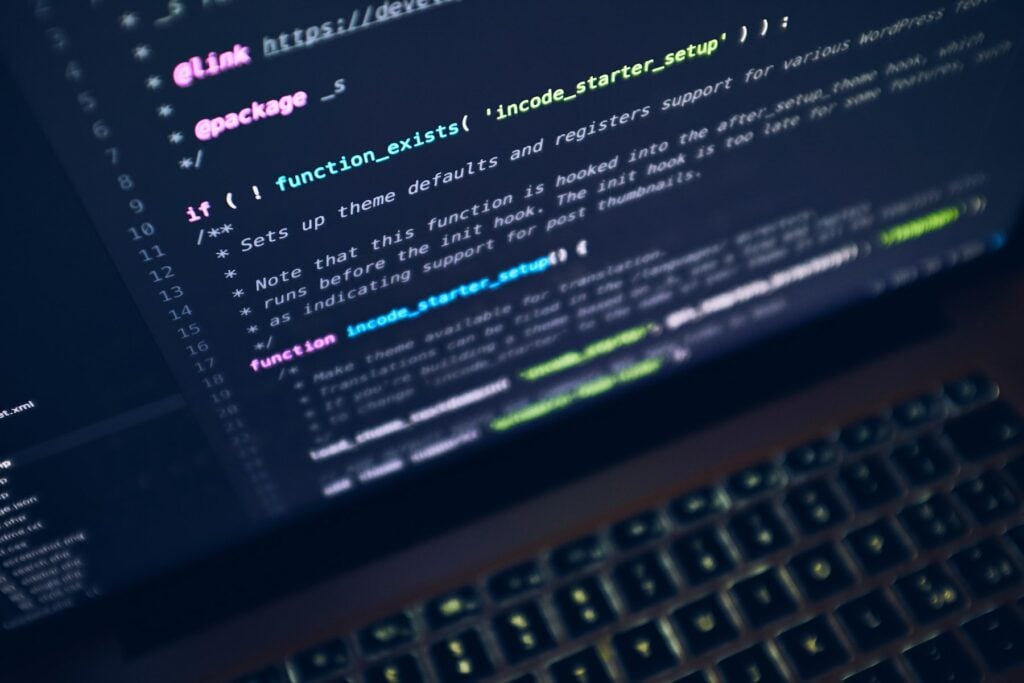![The ‘Giveaway Piggy Back Scam’ In Full Swing [2022]](https://www.cjco.com.au/wp-content/uploads/pexels-nataliya-vaitkevich-7172791-1-scaled-2-683x1024.jpg)

Google Rethinks Robots.txt: Emerging AI Tech Spurs Changes in Web Crawling, Impacting Publishers and SEO Strategies

As Seen On
The internet is teeming with content that web crawlers are tirelessly sifting through, sorting, and indexing for search engines. At the heart of this operation is a protocol known as robots.txt, a critical tool that guides these automated agents on what they can and can’t access on websites. However, the playground rules for these site-crawling bots are undergoing some considerable rethinking, chiefly driven by Google’s recent exploration of alternatives to the established robots.txt protocol.
In a world increasingly influenced by Artificial Intelligence (AI), Google is reconsidering the rules for controlling website crawling and indexing. More intriguing is the tech giant’s decision to make the exploration of these alternatives an open discussion, inviting input from stakeholders in the web and AI communities. As Google urges for a collective brainstorm, one can’t help but envision the multifaceted future of AI, web technologies, and, indeed, search engine optimization (SEO).
With AI applications continuously developing, Google’s dive into new forms of structured data could have more profound implications than most realize. This isn’t a sudden revelation but the result of cumulative emerging AI trends and research use cases. The conversations around new protocols are set to take place over the coming months, suggesting no immediate shift from the existing status quo.
Interestingly, this strategic move coincides with Open AI’s recent decision to disable the ‘browse with Bing’ feature in ChatGPT due to the contentious issue of access to paywalled content without publisher permission. The fallout from this decision couches the need for revised rules of engagement for web crawlers, touching on respect for proprietary content and privacy norms.
What does this shift mean for the SEO community? Given Google’s indomitable presence within the cyberspace landscape, these changes will likely affect how bot access is permitted, and subsequently, SEO strategies. At present, the specifics of these new methods remain under wraps, adding an element of suspense for website owners, SEO experts, and other tech enthusiasts.
However, a plausible outcome could be the advent of newer forms of structured data that enable more sophisticated interactions between web crawlers and website content. Traditional SEO practices might witness a transformation, with more advanced mechanisms stepping in to alter how site visibility and rankings are managed.
As this odyssey into AI’s promise and web technologies continues, Google’s move serves to galvanize the global community to join the cause and contribute their perspectives. The call to this intellectual breakfast table is not merely for technologists, but for anyone with a stake in this changing landscape.
Ultimately, the journey to chart unexplored territories of protocols controlling web crawler behaviours promises to be a thrilling one. This isn’t just an esoteric discussion confined to the backrooms of tech firms but a dialogue with worldwide relevance and implications. As Google steers this ship towards untested waters, the world watches in anticipation, ready to navigate the oscillating waves of AI advancements, web publishing protocols, and, ultimately, a reshaped SEO strategy.
Casey Jones
Up until working with Casey, we had only had poor to mediocre experiences outsourcing work to agencies. Casey & the team at CJ&CO are the exception to the rule.
Communication was beyond great, his understanding of our vision was phenomenal, and instead of needing babysitting like the other agencies we worked with, he was not only completely dependable but also gave us sound suggestions on how to get better results, at the risk of us not needing him for the initial job we requested (absolute gem).
This has truly been the first time we worked with someone outside of our business that quickly grasped our vision, and that I could completely forget about and would still deliver above expectations.
I honestly can't wait to work in many more projects together!
Disclaimer
*The information this blog provides is for general informational purposes only and is not intended as financial or professional advice. The information may not reflect current developments and may be changed or updated without notice. Any opinions expressed on this blog are the author’s own and do not necessarily reflect the views of the author’s employer or any other organization. You should not act or rely on any information contained in this blog without first seeking the advice of a professional. No representation or warranty, express or implied, is made as to the accuracy or completeness of the information contained in this blog. The author and affiliated parties assume no liability for any errors or omissions.

